If you’re in the UAE and facing family breakdown, finding the right lawyer is hard enough. But if you’re also dealing with domestic abuse, it becomes even more critical—and, unfortunately, even more complicated.
Time and again, I’ve seen people—mostly women—reach out for help, only to be met with confusion, conflicting legal advice, and a painful lack of understanding. Some of my clients have spent thousands on two or even three lawyers before finally getting the right support. It shouldn’t be this way. But too often, it is.
In some situations—especially if you’re dealing with abuse or financial control—it may be safer, more strategic, or more protective to file for divorce in your home country, if you can. A good lawyer will walk you through all your options—UAE-based and international—and help you decide what’s best for you.
Not All Lawyers Get It
Some lawyers don’t understand the emotional or psychological weight of domestic abuse. Others treat it like background noise in a legal process. But abuse changes everything—how you parent, how you protect yourself, how you plan your future.
You need a lawyer who doesn’t just draft documents—they get what you’re going through. They listen, they adapt, and they help you protect your voice in a system that can be cold, fast, and unforgiving.
What to Look For
If you’re looking for a lawyer in the UAE who understands domestic abuse, here are a few hard-earned lessons:
Ask about experience. Not just in family law generally—but in handling abuse-related cases specifically.
Talk about jurisdiction. Your lawyer should explain which court makes the most sense—including whether filing in your home country is the smarter move.
Know your rights under the new law. If you’re a non-Muslim, you may be eligible for a no-fault divorce—but the process still has layers that need expert handling.
Gauge their compassion. Do they listen? Do they understand trauma? Are they focused on helping you feel safe?
Watch for red flags. Big promises, vague strategies, and surprise invoices are never a good sign.
Legal Qualifications and Experience
Licensed to practice in the UAE. Make sure they’re registered with the relevant UAE legal authority—either as an Emirati advocate or as a legal consultant (if they’re not a UAE national).
Specialisation in family law
Look for someone who focuses specifically on family law. You don’t want a generalist juggling corporate contracts and then taking on your case as a side gig.
Experience with domestic abuse cases
Ask directly: Have you worked on domestic abuse-related divorces before? If they hesitate or minimise the question, that’s a red flag.
Familiarity with UAE’s evolving family laws
They should be able to explain how the no-fault divorce law and Federal Decree-Law No. 13 of 2024 impact your options, rights, and protections.
Knowledge of multiple jurisdictions
A good lawyer can compare UAE options with your home country’s legal system and help you decide which path is stronger for your safety and outcome.
Core Skills That Matter (Especially in Abuse Cases)
Trauma-informed approach
Do they understand how trauma affects memory, communication, and decision-making? You want someone who works with your pace, not against it.
Good listener, not just a talker
A solid lawyer will ask questions, really listen to your answers, and build a strategy with you—not talk over you with legal jargon and sales talk.
Transparency with fees
They should be clear and upfront about billing. If you get vague answers or shifting numbers, walk away.
Collaborative, not combative (unless necessary)
A good lawyer isn’t looking to inflame conflict for the sake of it. They should know when to fight and when to negotiate.
Bonus: Connections and Resources
Can refer you to therapists, shelters, or support services
If a lawyer knows the emotional toll of what you’re going through, they’ll also be connected to local help—counselling, support groups, and safe spaces.
Part of a multidisciplinary team or firm
Lawyers who work closely with others—especially those with international experience or mental health professionals—tend to offer more well-rounded support.
What Qualifications Should You Look for in a UAE Family Lawyer?
When seeking a family lawyer in the UAE, especially for sensitive matters like domestic abuse, it’s crucial to ensure they possess the right qualifications and experience. Here’s what to consider:
Legal Credentials and Experience
Licensing in the UAE: Ensure the lawyer is registered with the relevant UAE legal authority:
For Emirati advocates: Registered with the UAE Ministry of Justice or the local judicial department of the respective Emirate.
For legal consultants (non-UAE nationals): Registered with the Dubai Legal Affairs Department (DLAD) if practicing in Dubai.
Specialization in Family Law: The lawyer should have a dedicated focus on family law, with substantial experience handling cases involving domestic abuse.
Understanding of Jurisdictional Nuances: Given the UAE’s diverse legal landscape, the lawyer should be well-versed in both Sharia and civil law systems, and capable of advising on the most appropriate jurisdiction for your case.
International Bar Memberships
For expatriate clients, it’s beneficial if the lawyer holds membership in international bar associations, such as:The Law Society of England and Wales or other recognized legal bodies corresponding to their home jurisdiction.
Where to File a Complaint Against a Lawyer in the UAE
If you encounter unethical behaviour or misconduct from a lawyer—whether your own or your ex-partner’s—there are official channels in the UAE where you can raise your concerns appropriately.
Dubai
Dubai Legal Affairs Department (DLAD)
Website: https://legal.dubai.gov.ae
Email: contact@legal.dubai.gov.ae
In-Person: HH the Ruler’s Court, Dubai, Bur Dubai, Al Fahidi Street, opposite Dubai Museum.
legal.dubai.gov.ae
To file a complaint, you’ll need:
A completed complaint form detailing the misconduct.
Supporting documents, such as the retainer agreement, payment receipts, and any correspondence.
Proof of identity (passport or Emirates ID).
legal.dubai.gov.ae
Abu Dhabi
Abu Dhabi Judicial Department (ADJD)
Website: https://www.adjd.gov.ae
Federal Level
UAE Ministry of Justice
Website: https://www.moj.gov.ae
ADGM Courts
Website: https://www.adgm.com/operating-in-adgm/registry-office/courts
By ensuring your lawyer meets these qualifications and knowing where to turn if issues arise, you can better navigate the legal landscape in the UAE with confidence and security.

